Description
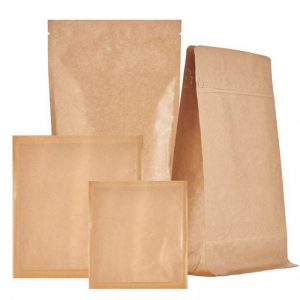
| Size | 1 Kg | 10 Kg | 20 Kg |
| Price incl. VAT | 39 £ | 369 £ | 729 £ |
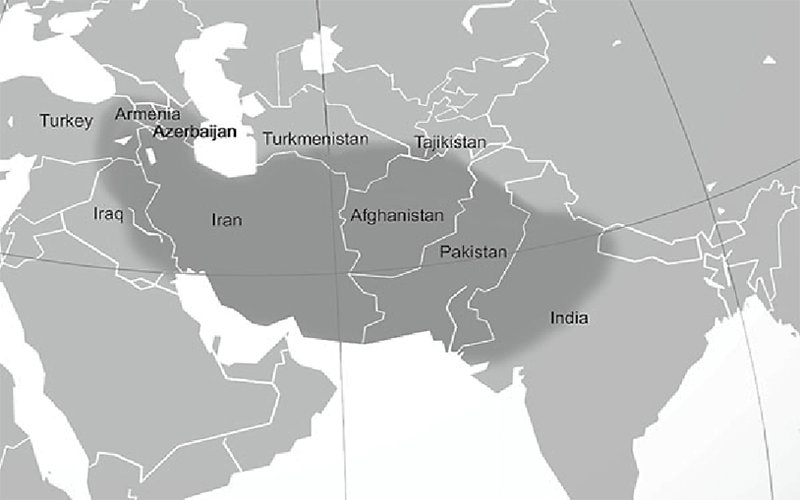
Picture: Hummer, Kim & Pomper, Kirk & Postman, Joseph & Graham, Charles & Stover, Ed & Mercure, Eric & Aradhya, Malli & Crisosto, Carlos & Ferguson, Louise & Thompson, Maxine & Byers, Patrick & Zee, Francis. (2012). Emerging Fruit Crops. 10.1007/978-1-4419-0763-9_4.
The Timeless Tale of Pomegranate: Tracing Its Origin and Global Provenance Introduction: The pomegranate, with its crimson hue and jewel-like seeds, has captivated cultures and cuisines for millennia. Revered for its exquisite flavor and symbolic significance, this ancient fruit boasts a rich history that spans continents and civilizations. From its origins in the fertile lands of the Middle East to its cultivation in diverse corners of the world, the pomegranate continues to enchant and inspire with its timeless allure.
- Origin and Mythology: The pomegranate’s story begins in the cradle of civilization, the region known as the Fertile Crescent, encompassing modern-day Iran, Iraq, and Turkey. Archaeological evidence suggests that pomegranates were cultivated as early as 4000 BCE, with their cultivation spreading to Egypt and other parts of the Mediterranean basin over time. In ancient mythology, the pomegranate featured prominently in various cultural and religious narratives, symbolizing fertility, abundance, and prosperity.
- Cultural Significance: Throughout history, the pomegranate has held a revered status in diverse cultures and traditions. In ancient Greece, it was associated with the goddess Persephone and served as a symbol of regeneration and the cycle of life and death. In Jewish tradition, the pomegranate is said to contain 613 seeds, representing the mitzvot, or commandments, of the Torah. Similarly, in Islamic tradition, the pomegranate is mentioned in the Quran as a symbol of paradise and divine blessings.
- Global Distribution and Production: Today, pomegranates are cultivated in various regions around the world, each contributing its unique cultivars and flavors to the global market. Iran remains the largest producer of pomegranates, renowned for its flavorful varieties such as the ‘Malas’ and ‘Saveh.’ In Turkey, the ‘Hicaz’ and ‘Hersin’ cultivars are prized for their sweet and tangy taste. Other major pomegranate-producing countries include India, Afghanistan, Spain, and the United States, particularly California.
- Culinary and Medicinal Uses: Pomegranates are celebrated not only for their delectable taste but also for their numerous health benefits. Rich in antioxidants, vitamins, and minerals, pomegranates are revered for their anti-inflammatory, anti-cancer, and cardiovascular health-promoting properties. In culinary applications, pomegranate seeds and juice are used to add a burst of flavor and vibrant color to dishes, salads, beverages, and desserts.
- Symbolism and Modern Cultivation: In addition to its cultural and culinary significance, the pomegranate continues to inspire artists, poets, and storytellers around the world. Its enduring symbolism of fertility, abundance, and renewal resonates across cultures and generations. Modern cultivation practices, including sustainable farming techniques and genetic research, aim to enhance pomegranate yields and preserve heirloom varieties for future generations to enjoy.
The pomegranate’s journey from its ancient origins to its global prominence today is a testament to its enduring appeal and cultural significance. As a symbol of prosperity, vitality, and the cycle of life, the pomegranate transcends borders and connects people across time and space. Whether savored for its luscious taste, admired for its beauty, or revered for its symbolic resonance, the pomegranate remains an enduring icon of nature’s bounty and human creativity.
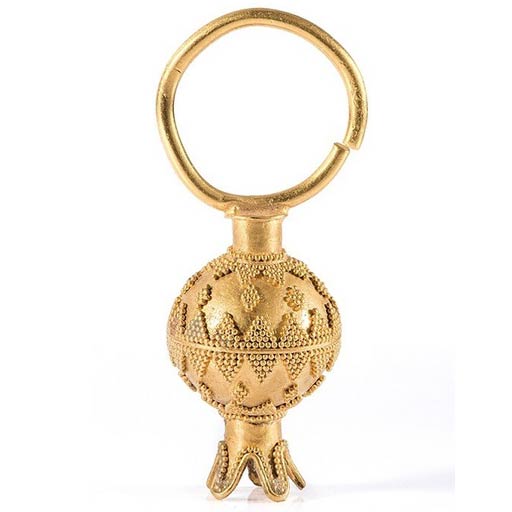
Gold necklace pendant in the shape of a pomegranate, about 500 BC, National Museum of Ancient Iran
About the product
Title: Harnessing Nature’s Bounty: The Art of Crafting Pomegranate Peel Powder Introduction: In the pursuit of sustainable living and holistic wellness, the utilization of natural ingredients has gained widespread acclaim. Pomegranate, celebrated for its delicious seeds and tart juice, also offers a treasure trove of benefits in its often-overlooked peel. Through a meticulous process of drying, grinding, and packaging, pomegranate peel powder emerges as a versatile ingredient with a myriad of culinary, medicinal, and cosmetic applications. Let’s delve into the artistry behind crafting this potent powder and explore its diverse uses.
- Harvesting and Preparation: The journey to creating pomegranate peel powder begins with the careful selection of ripe pomegranates. Once harvested, the fruits are washed and peeled, with utmost care taken to preserve the integrity of the peel. The peels are then meticulously inspected for blemishes or imperfections before being dried to remove moisture and enhance shelf stability.
- Drying Process: To transform pomegranate peels into powder form, they undergo a thorough drying process. Traditionally, the peels are sun-dried to harness the natural warmth and gentle rays of the sun. Alternatively, low-temperature drying methods may be employed to preserve the peels’ nutritional content and vibrant color. The drying process may take several days, during which the peels are periodically turned and monitored to ensure even drying.
- Grinding and Milling: Once fully dried, the pomegranate peels are ready to be transformed into powder. Using specialized equipment such as grinding mills or food processors, the dried peels are pulverized into a fine, uniform powder. Care is taken to maintain optimal grinding conditions to prevent overheating and preserve the potency of the powder’s bioactive compounds.
- Sieving and Packaging: After grinding, the pomegranate peel powder undergoes sieving to remove any coarse particles and ensure a smooth, homogeneous texture. The powder is then carefully packaged in airtight containers to protect it from moisture, light, and oxidation, which can degrade its quality over time. Proper labeling with ingredient information and usage instructions ensures transparency and consumer confidence.
- Culinary and Medicinal Uses: Pomegranate peel powder boasts a myriad of culinary and medicinal applications, thanks to its rich antioxidant content and therapeutic properties. In culinary endeavors, it can be used as a flavorful seasoning for savory dishes, marinades, and sauces, imparting a tangy, citrusy aroma. Medicinally, pomegranate peel powder is valued for its anti-inflammatory, antimicrobial, and digestive benefits, making it a versatile ingredient in herbal remedies, teas, and supplements.
- Cosmetic and Skincare Formulations: Beyond the kitchen and medicine cabinet, pomegranate peel powder finds its way into a plethora of cosmetic and skincare formulations. Its astringent properties help tighten pores, regulate sebum production, and promote a clear, radiant complexion. Whether incorporated into face masks, scrubs, or toners, pomegranate peel powder offers a natural solution for rejuvenating and revitalizing the skin.
From orchard to powder, the journey of pomegranate peel encapsulates a harmonious blend of tradition, innovation, and reverence for nature’s bounty. Through careful cultivation, harvesting, and processing, this humble ingredient emerges as a potent symbol of sustainability and wellness. As consumers increasingly seek natural, plant-based alternatives, pomegranate peel powder stands as a shining example of the transformative power of botanicals in nourishing both body and soul.
Uses of pomegranate peels powder
Pomegranate peel powder, derived from dried and ground pomegranate peels, is a versatile ingredient with numerous applications across various industries. Here are some common uses of pomegranate peel powder:
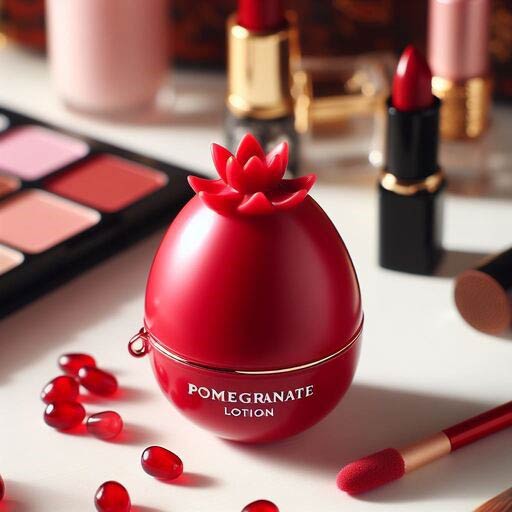
1. Cosmetic Industry:
– Exfoliating Scrubs: Pomegranate peel powder’s mildly abrasive texture makes it an excellent natural exfoliant. It helps remove dead skin cells, unclog pores, and promote skin renewal, leading to a smoother, brighter complexion.

– Face Masks: Pomegranate peel powder is often incorporated into face mask formulations for its astringent and antioxidant properties. It helps tighten pores, reduce excess oiliness, and improve overall skin tone and texture.
– Skin Brightening Treatments: Due to its natural bleaching properties, pomegranate peel powder is used in skin brightening and hyperpigmentation treatments. It helps fade dark spots, acne scars, and blemishes, revealing a more even and radiant complexion.

2. Health and Wellness Industry:
– Herbal Teas: Pomegranate peel powder can be brewed into herbal teas, which are consumed for their potential health benefits. Pomegranate peel tea is believed to have antioxidant, anti-inflammatory, and digestive properties, promoting overall well-being.
– Dietary Supplements: Pomegranate peel powder is often encapsulated or blended with other botanicals to create dietary supplements. These supplements may be marketed for their antioxidant, anti-inflammatory, and immune-boosting effects.

3. Food and Beverage Industry:
– Culinary Applications: Pomegranate peel powder can be used as a natural flavoring and coloring agent in various culinary creations. It adds a tangy, citrusy flavor and a vibrant reddish hue to dishes such as smoothies, yogurt, sauces, and baked goods.
– Food Preservation: Pomegranate peel powder’s antimicrobial properties make it a useful ingredient for extending the shelf life of perishable food products. It can be added to marinades, pickles, and fermented foods to inhibit the growth of spoilage-causing microorganisms.

4. Agricultural and Horticultural Uses:
– Soil Conditioner: Pomegranate peel powder is rich in organic matter and nutrients, making it a beneficial soil conditioner. It helps improve soil structure, enhance water retention, and provide essential nutrients to plants, promoting healthy growth and increased yields.
– Pest Repellent: Pomegranate peel powder’s natural insecticidal properties make it a non-toxic alternative for controlling pests in gardens and agricultural fields. It can be sprinkled around plants or incorporated into organic pest control formulations to deter insects and protect crops.
Overall, pomegranate peel powder offers a myriad of uses across multiple industries, from skincare and health to culinary and agricultural applications. Its natural properties and versatility make it a valuable ingredient for those seeking sustainable and botanical-based solutions for their various needs.
Pomegranate peels powder benefits
The Remarkable Benefits of Pomegranate Peel Powder
- In the realm of natural remedies and holistic wellness, few ingredients possess the versatility and potency of pomegranate peel powder. Often overshadowed by its succulent seeds and tangy juice, the humble pomegranate peel harbors a treasure trove of beneficial compounds that promote health and vitality. From skincare to digestive health and beyond, let’s explore the myriad benefits of incorporating pomegranate peel powder into your daily routine.
Rich in Antioxidants: Pomegranate peel powder is a powerhouse of antioxidants, including flavonoids, phenolic compounds, and vitamin C. These antioxidants help neutralize harmful free radicals in the body, protecting cells from oxidative damage and reducing the risk of chronic diseases such as cancer, heart disease, and diabetes. - Supports Digestive Health: The high fiber content of pomegranate peel powder makes it a valuable ally for digestive health. Fiber promotes regular bowel movements, prevents constipation, and supports the growth of beneficial gut bacteria. Additionally, pomegranate peel powder contains tannins, which possess astringent properties that may help alleviate diarrhea and intestinal inflammation.
- Promotes Skin Radiance: Pomegranate peel powder is renowned for its skin-brightening and anti-aging properties. Its natural exfoliating action helps remove dead skin cells, unclog pores, and reduce the appearance of dark spots and blemishes. The antioxidants present in pomegranate peel powder also help protect the skin from environmental damage, resulting in a smoother, more radiant complexion.
- Boosts Immune Function: With its rich array of vitamins, minerals, and bioactive compounds, pomegranate peel powder can help bolster the immune system. Vitamin C, in particular, plays a crucial role in immune function, supporting the production of white blood cells and enhancing the body’s ability to fight off infections and pathogens.
- Supports Heart Health: Pomegranate peel powder may contribute to heart health by lowering cholesterol levels and reducing the risk of cardiovascular disease. Studies have shown that the polyphenols and flavonoids found in pomegranate peel powder can help lower blood pressure, improve blood lipid profiles, and prevent the formation of arterial plaque.
- Aids Weight Management: Incorporating pomegranate peel powder into your diet may aid in weight management and promote satiety. The fiber content helps increase feelings of fullness, reducing calorie intake and supporting weight loss efforts. Additionally, pomegranate peel powder’s ability to regulate blood sugar levels may help prevent spikes in hunger and cravings.
From its antioxidant-rich profile to its digestive benefits and skin-enhancing properties, pomegranate peel powder offers a multitude of advantages for overall health and well-being. Whether consumed internally as a dietary supplement or applied topically in skincare formulations, this natural remedy has the potential to enrich your life in countless ways. Embrace the power of pomegranate peel powder and unlock its remarkable benefits for a healthier, happier you.
Product Specifications
The approximated nutrition facts, Mineral and Vitamins found in 100 ml of pomegranate peels powder:
| Nutrient | Amount per 100 grams |
| Calories | 346 kcal |
| Total Fat | 2.3 g |
| Saturated Fat | 0.6 g |
| Monounsaturated Fat | 0.5 g |
| Polyunsaturated Fat | 0.6 g |
| Sodium | 16 mg |
| Potassium | 1.546 mg |
| Total carbohydrates | 77 g |
| Dietary Fiber | 44 g |
| Sugar | 7 g |
| Protein | 10 g |
| Vitamin C | 60 mg |
| Vitamin K | 16.4 mcg |
| Calcium | 85 mg |
| Iron | 11.1 mg |
Please note that the nutritional content of pomegranate peel powder may vary slightly depending on factors such as the variety of pomegranate used and the processing methods employed. Additionally, these values are approximate and may vary based on the specific product.
Packaging size
Generally, the packaging is prepared according to the quantities mentioned above, but to ensure the availability of the desired packaging or the desire to personalize the packaging, please contact us.
We do our best to provide you with a qualified product from its original source.
Note: Ecofarma is the producer of carrier oils and its main seller to professional users, and it is recommended to consult an expert for any skin use. These oils are not formulated for the end user and Ecofarma does not 100% guarantee the content and information provided above to introduce the product.
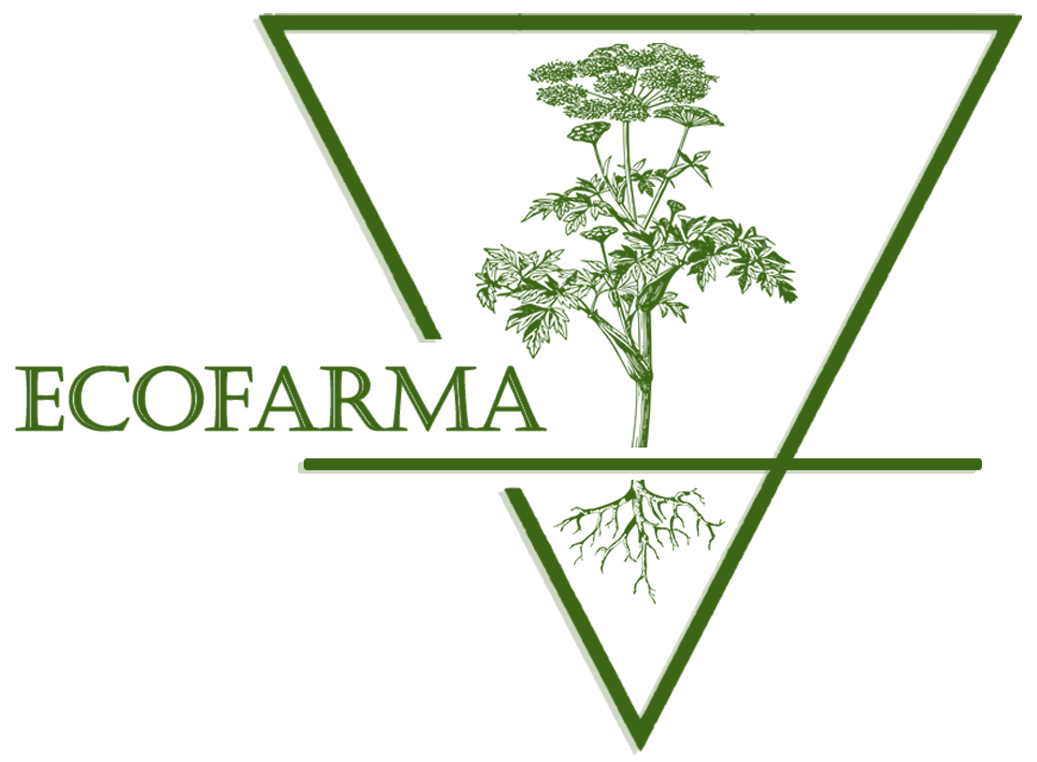
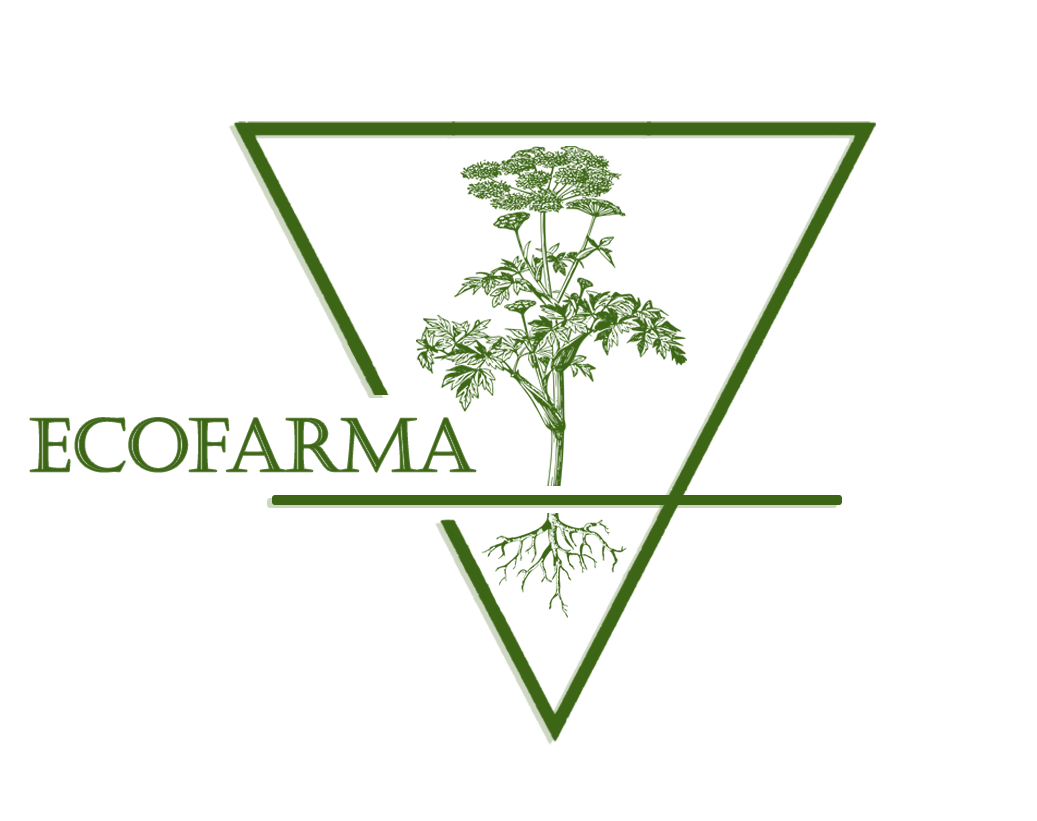
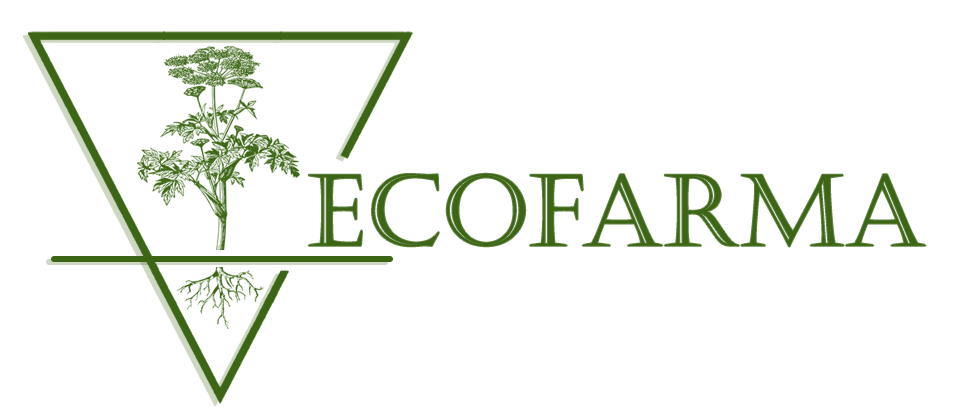
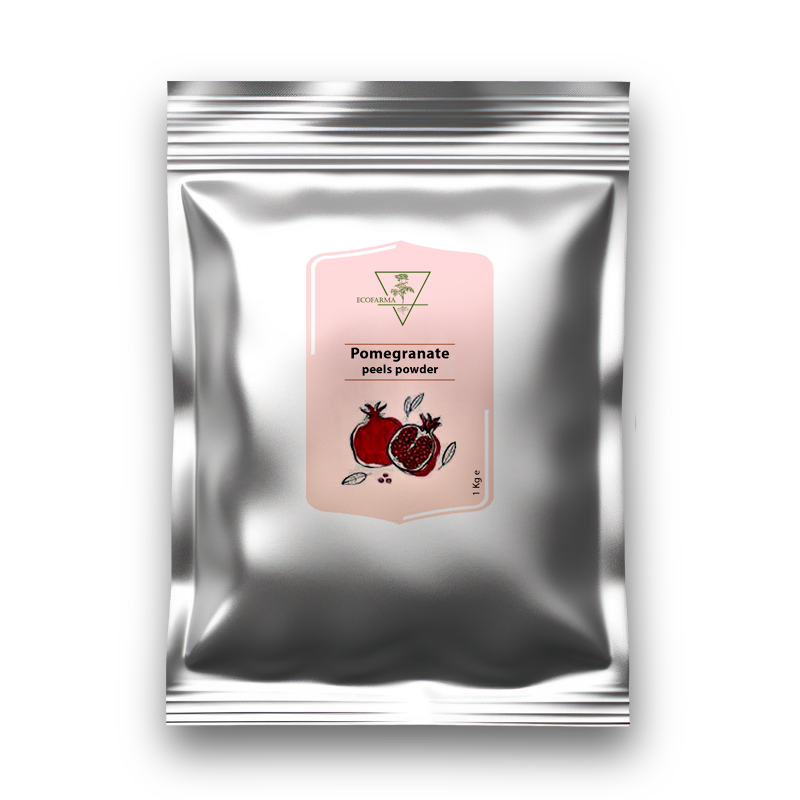





Reviews
There are no reviews yet.